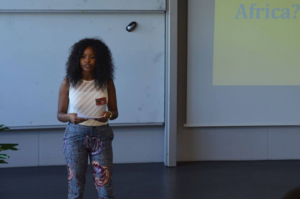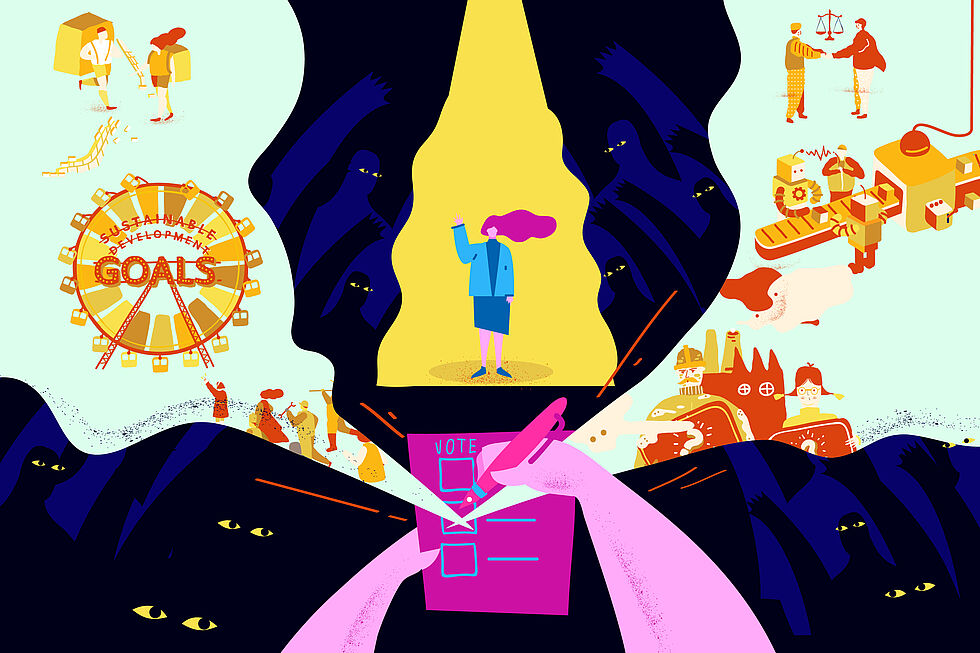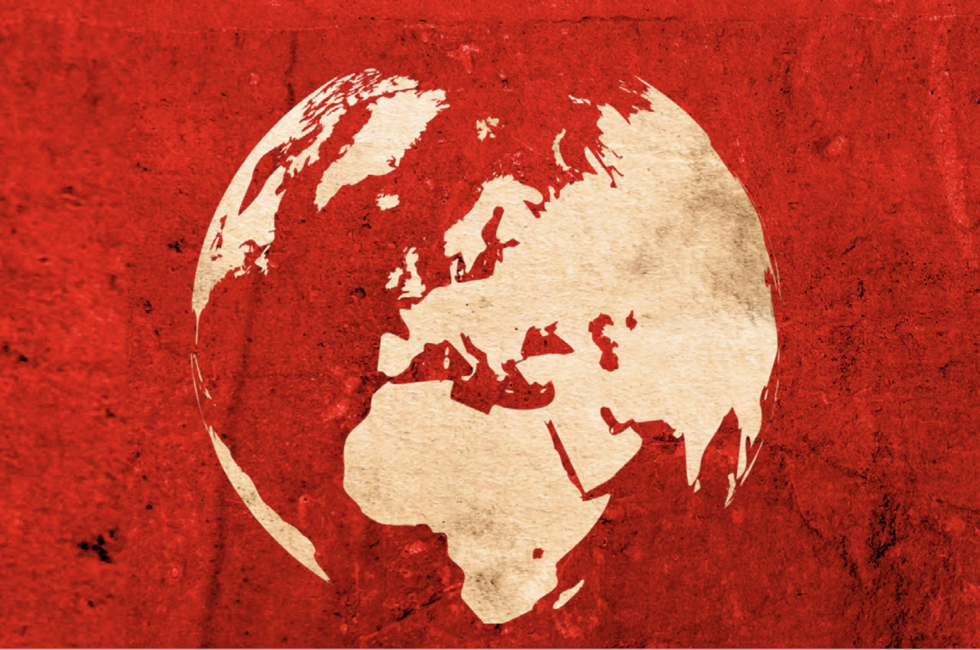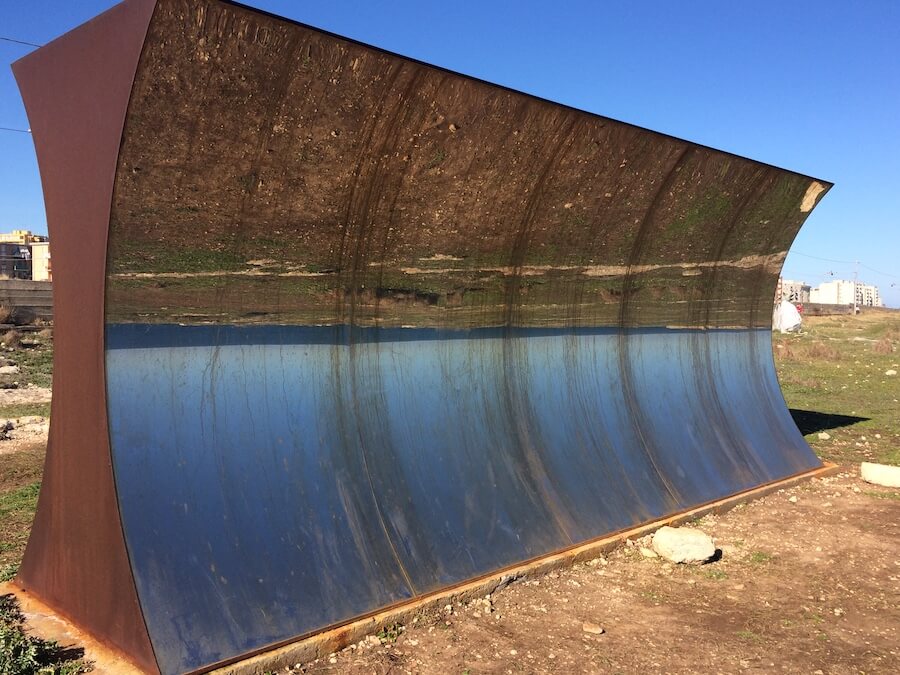True cooperation with the EU could catalyse the development of a new Africa
With EU elections due in May, the spectrum of ideologies of the contesting parties will have a significant impact on cooperation between the European Union and the African Union, and on partnership agreements between the two blocs. What will this mean for Africa? The change in Europe’s power structures and financial leverage is set to give Africa more bargaining power to put its relations with the new European Union (EU) on a more even footing. This will improve Africa’s position, regardless of the precise makeup of the new EU parliament, and despite the ongoing scramble for Africa from some European quarters.
Speaking as a member of Africa’s youth, I can say we have inherited a continent with ample potential, prospects and resources, but that is still mending wounds from its past. The continent will not be made great simply by stating it to be so, or by rhetoric alone around cooperation and partnership (link). Achieving this goal will require new approaches and methods, to bring about true cooperation and partnership.
Steps to improve EU-AU relations
The youth of Africa envisions a future where the EU dismantles the power dynamics that have hindered Africa and its development. In this scenario the EU and Africa would become compatible and reliable allies, in a real and equal cooperation and partnership (link). Such an improved relationship would require a dialogue between the EU and AU, engaging on key historical aspects of colonialism and neo-colonialism from both perspectives. This would impart transparency and neutrality to the complex relations between Africa and Europe, including the element of historically inherited dependency.
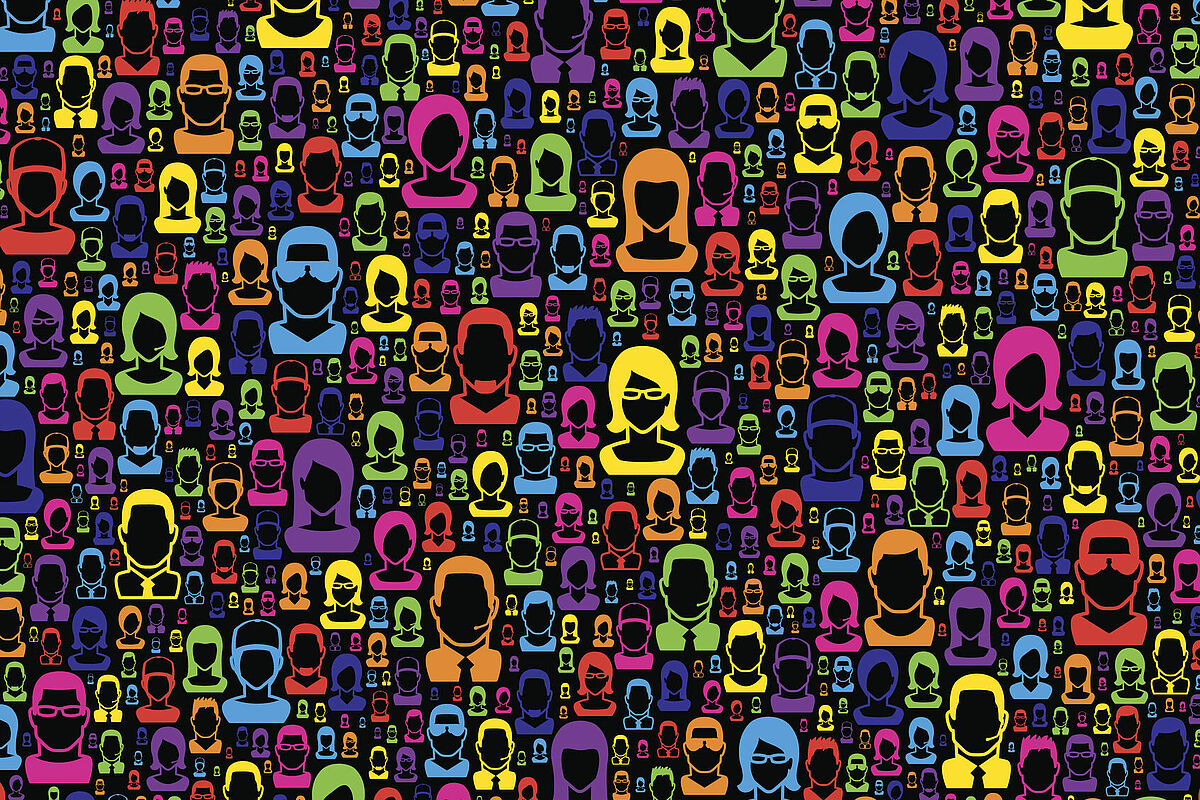
Africa’s most valuable resource is its youth. Investing in its youth would be an effective instrument to accelerate inclusive growth and sustainable development. This would in turn enable Africa to repair its wounds while revamping EU-AU relations in a progressive manner. This can be part of a wider promotion of cooperation, favouring peace and security, in alliance with economic cooperation and equitable trade.
It is undeniable that cooperation must be backed by the commitments of both sides if it is to maximize the common interest and opportunities (link). Strengthened cooperation creates beneficial partnering in the spirit of mutually shared ownership, acknowledgement, reciprocity and mutual accountability and transparency. The EU-AU cooperation should manifest into a coordinated engagement in support of eradicating poverty, and develop and catalyse key sectors in Africa.
Cooperation in the field of peace and security during the whole conflict cycle is a central pillar of the EU-AU partnership (link). New threats have developed in international and regional peace and security. These require cooperative efforts to uphold international and human rights law, to ensure the legitimacy of that partnership.
Europe and Africa have established a thriving trade and investment partnership (paywall), yet Africa’s youth population has only recently made it onto the agenda, despite constituting the continent’s most valuable resource. Ensuring real economic growth for Africa will also mean finding ways to reduce the brain drain of skilled workers to the greener pastures of Europe.
“The next EU budget must provide direct funding to real developmental projects of key industries in Africa, as most revenue is generated through those sectors.”
Europe has undoubtedly funded Africa through various development projects, infrastructure, strengthening democracy and implementations of human rights. However, trade relations still remain a significant brake on the real development of Africa. The Prebisch-Singer hypothesis holds that commodity-based countries experience a long-term decline in the terms of trade as natural resources depreciate over time in comparison with manufactured goods (paywall). For example, Nigeria’s most valuable export is crude oil, while its biggest import is refined petrol. This is due to its lack of infrastructure to refine the oil itself, and results in a lost revenue opportunity. The next EU budget must provide direct funding to real developmental projects of key industries in Africa, as most revenue is generated through those sectors. In Nigeria’s case it would be paramount that funding be issued to the energy and environment sector, to establish and develop Nigerian oil refineries (link). This would generate more capital for Nigeria’s oil sector and create long-lasting domestic employment and development for education, infrastructure, health care and a social welfare system.
“To go fast, travel alone; but to go far, travel together”
Multilateralism is the most effective mode of international cooperation to address global issues and create a balanced platform in the international arena (link). To this end, all entities must subscribe to a common, sustainable and concrete solutions-based approach to the challenges of the 21st Century. EU-AU cooperation and partnership can be achieved through the correct channels and with the right understanding of the socio-economics and geo-politics of both continents, as well as their respective comparative advantages.
###
Dineo Sithole is from South Africa where she is currently completing an internship at the FES South Africa office. She has been studying international relations at the University of Applied Science-Rhein-Waal in Germany.
